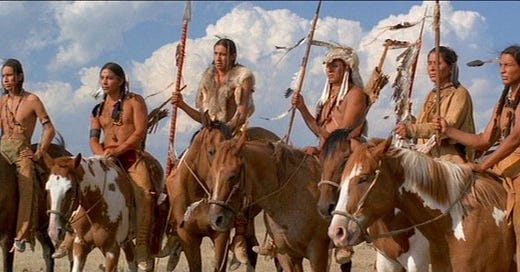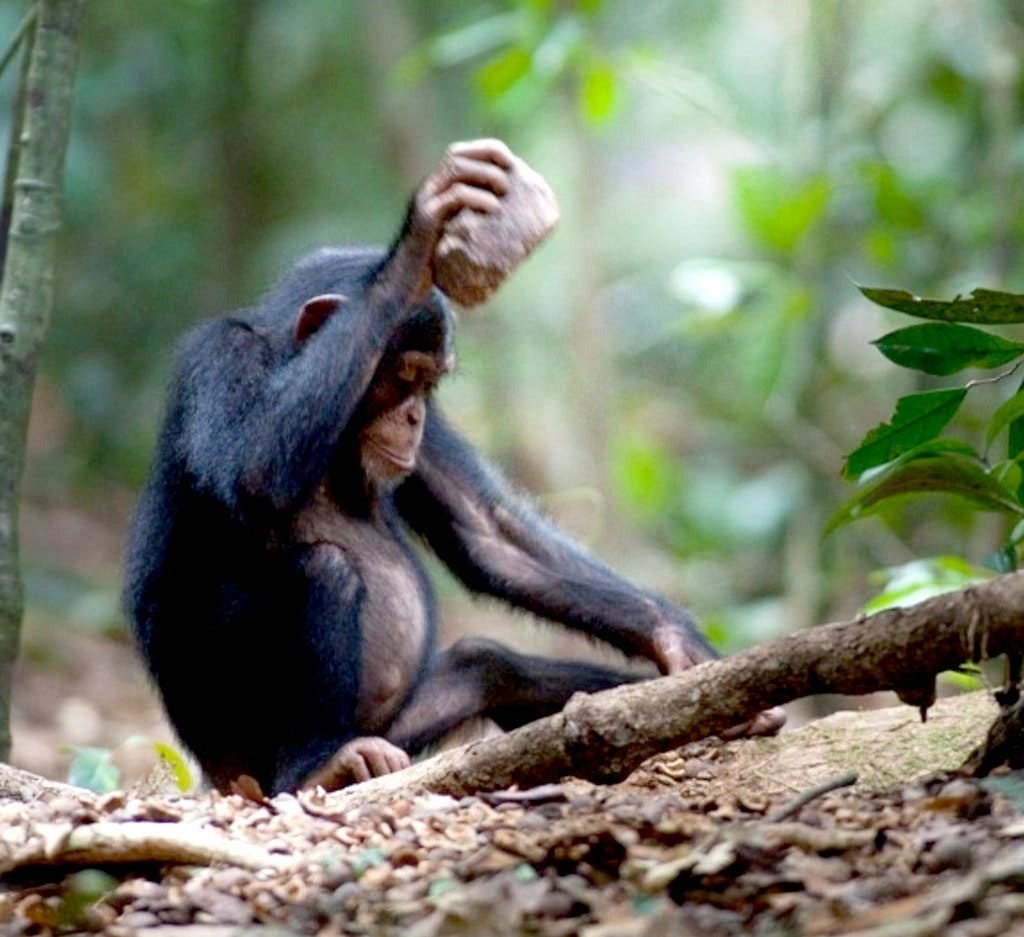You will find a better, more complete answer to Why People are So Stupid in “Coping with Disagreement (and Being Wrong)”. This article is about a topical feature of the problem.
I listen to Bret’s podcast quite a lot: it’s a privilege to be able to hear someone think so clearly and rigorously. Mattias Desmet seems admirable too: I really enjoyed their conversation, and hope to have time to read his new book soon. Jessica seems not only very bright, but to be one of those people who manage to achieve more than one person could possibly do.
So I realise that what I am about to say is probably wrong, or based on a misunderstanding, and I’m riding for a fall … but maybe I’ll learn something.
Bret (evolutionary biologist) was interviewing Mattias (psychologist). For the first half he (Bret) seemed to be digging for clues as to how “mass formation” in a populace can happen, when it seems not to show any evolutionary advantage, when people start behaving in a “stupid” way - the reverse, in fact: if people do stupid things that seems an evolutionary disadvantage.
Soon after hearing that I heard Jessica respond to a tangential comment about it being difficult to understand why people seem so blind to the obvious … so stupid.
Well, here’s a suggestion for why it makes evolutionary sense for people to change into this less cerebral mode of operation.
Humans evolved, for most of their existance and until pretty recently, in tribes. (And it seems we function best in tribes of about 50 - 150, where we more-or-less know everybody). Visualise a troup of chimpanzees, or native American tribes.
Human ancestors are intelligent but physically feeble compared to many large animals, and can really only thrive in a group. A tribe of chimps or proto-humans can be pretty formidable if they are all armed with stones to throw.
Later, evolutionarily speaking, picture human ancestors armed with spears.
Picture yourself alone with a spear and a pride of lions (or even just a single one); how much more effective would you be with ten of you all armed with spears acting together?
The major threats to the tribe will be large animals or neighbouring tribes. Whatever the large threat is, the tribe will handle it better if they are co-operating and behaving as a tribe, not a bunch of individuals. If an individual is separated from the tribe when the large threat (whatever it is) comes along, the individual is more vulnerable than if they are with the rest of the tribe.
So it is unsurprising if behaviour has evolved which has a general systematic effect on your behaviour:
Big threat - so
join main body of tribe if you are by yourself;
pay attention to the leader so the tribe is co-ordinated;
expect others to help the co-ordinated response, short shrift for those that are not engaging in the co-ordinated response.
NOT - think for yourself, but mobilise your physical resources to join the team fight.
We are still evolving. For example we still have these ridiculous fragile toes left from when “we” used to climb trees! We’re still evolving towards giving birth to young with large brains. In fact it is not possible to evolve to deal perfectly with every situation.
It’s pretty impressive that we have evolved this effective general behaviour modification for big threats, that occurs during the threat and then we go back to a different mode of behaviour in its absence.
It is this switch in general behaviour that we as a group are experiencing when the media tell us “be afraid - be very afraid: there’s a monster (virus) on the loose!”
So separating individuals (“locking them down”) so that they feel unable to join the group is going to exacerbate their anxiety: they cannot engage in their instinctive behaviour.
People aren’t expecting to think for themselves, but join the group.
They are not going to listen to those who are resisting group formation and co-ordination.
This seems to me to explain the evolutionary advantage to this less thoughtful mode of behaviour when faced by a large general threat: we evolved as a group.
This is just one aspect of "why people are stupid", of course. For a thorough exploration of why people are much more stupid than they think they are, please read
I have no idea how to get Bret to read this. Can anyone help?











And then they will go extinct from the gene pool (by SADS or impaired fertility), and only those individuals with deviant instinct will continue the lineage? It seems so. Or, is there a phase or mode in which it would be evolutionarily appropriate to be analyzing the situation? For instance, the leader that the group follows. Is that leader only acting from gut instinct? Doesn't leader material maybe have more analytical capacities that follower material? Is it just evolutionary pressure on correct vs wrong gut reactions of leaders (respective group exiting gene pool together with leader that had wrong gut instinct), or is there a place for analysis and reflection already in primordial groups?
I've always been a sigma/lone wolf, I've never understood group think but I get it's purpose as I'm sure Brett should since he's an evolutionary biologist. I havnt watched his stuff for a long time, is he just playing devils advocate?